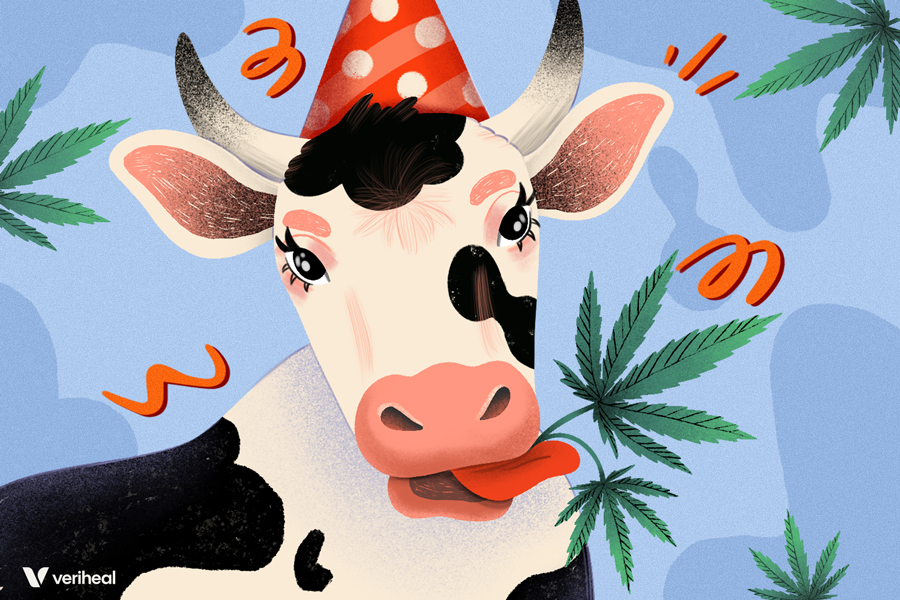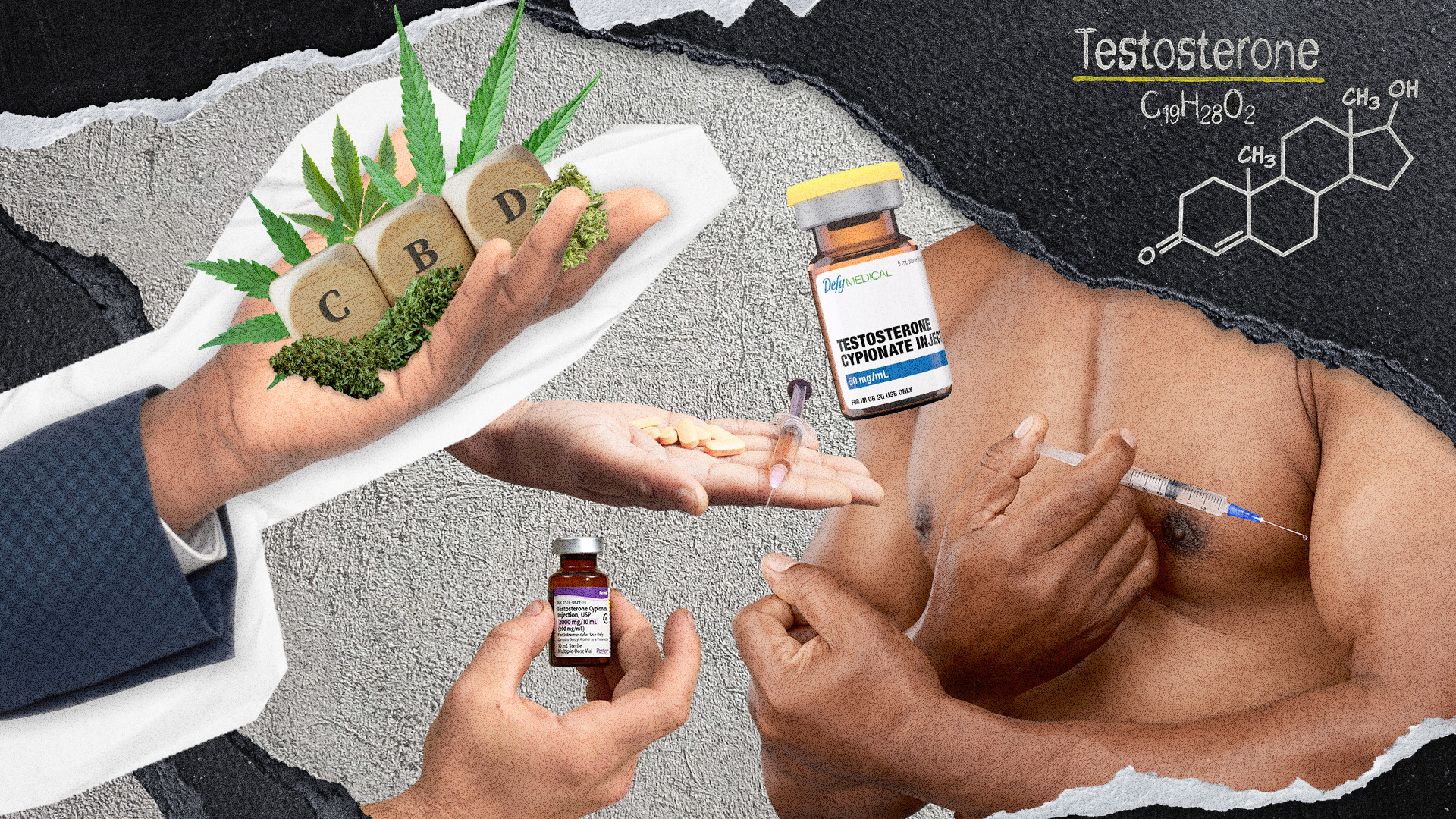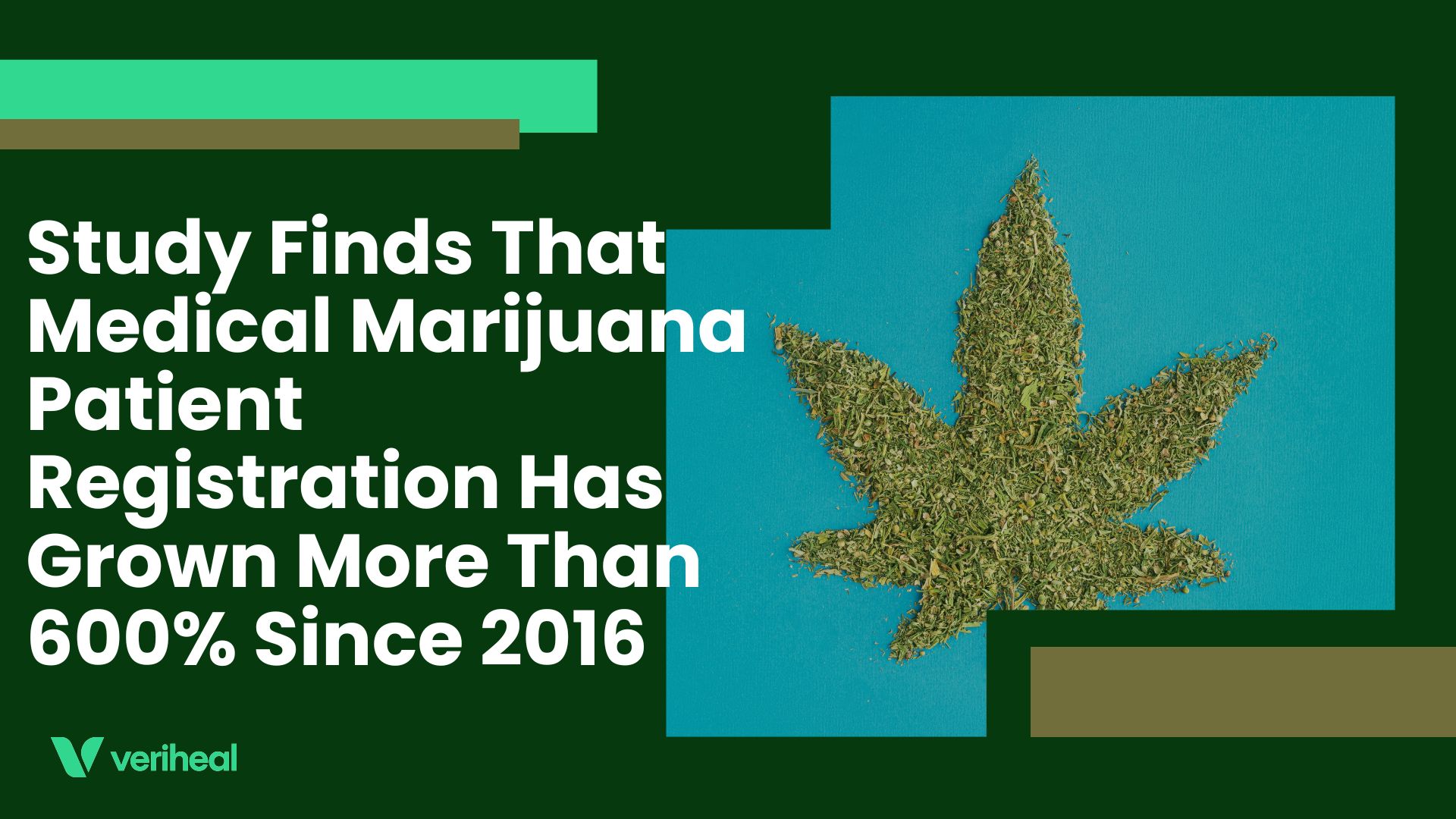Recent research on cattle fed with “hempseed cake” reports safe levels of THC and CBD in their beef.
The team of scientists from the U.S. Department of Agriculture’s Agriculture Research Service (USDA’s ARS) and North Dakota State University (NDSU) detected low levels of tetrahydrocannabinol (THC) and cannabidiol (CBD) in some parts of the animal, notably in muscles, kidneys, livers, and fat tissues.
The research authors revealed that hemp seed cake, a by-product from hemp oil extraction, contained low cannabinoids, a healthy source of fiber, and crude protein for cattle and other animals.
Cattle Farmers and Hemp Growers Seek Hemp-Based Feed
Animal farmers and hemp product manufacturers have campaigned for authorities to approve hempseed cake as a regulated ingredient for animal feed production. But regulators are unyielding, expressing skepticism that, if allowed, end consumers may risk exposure to unsafe levels of cannabinoid-laced meat.
However, more recent research detected safe levels of cannabinoids retained in the meat of the animals, such amounts considered safe for human consumption by global hemp regulatory frameworks.
In one study, two groups of heifers were fed two different feed formulas for 111 days. Group A had a 20% hempseed cake diet, while Group B was fed a control diet.
The hempseed used for the experiment contained 1.3 ± 0.8 mg/kg CBD/THC concentration, which accounts for a measly fraction (1 over 3000) of the legal 0.3%-maximum THC concentration. For up to 8 days after the feeding period, trace amounts of cannabinoids were discovered in parts of the animals.
The New Research Builds Hope
In earlier research, scientists reported symptoms of intoxication—drowsiness, wobbly gaits, and red eyes—in cows who consumed varied concentrations of hemp products. The study, however, did not state whether their product (dairy and muscle meat) could intoxicate human consumers.
Why You Should Get Your Medical Marijuana Card
Veriheal has satisfied millions of patients nationwide by giving them access to these benefits
- Larger purchase limits
- Peace of mind
- Enhanced legal protection
- Access to higher potency strains
- Save up to 25% on cannabis purchases
- Skip the line at the dispensary
These research submissions may have left regulators skeptical about the safety of this relatively affordable, highly productive herb for livestock. The big unanswered question was: Could the cow meat or milk contain enough cannabinoids to stone humans, as it ripped cows sampled for the study?
So, regardless of hemp’s increasing societal acceptance in the U.S. and beyond, the U.S. FDA has been foot-dragging, primarily due to the fear of excess high-causing THC sneaking into the food supply chain.
But in the most recent 2023 research update, although the plasma and urine of cattle contained high levels of cannabinoids during the feeding period, the amounts crashed significantly in the beef, so low that it’ll be difficult for humans to ingest more THC than regulatory guidelines approve.
Will the FDA Actually Act?
For many thousand years, hemp has been a notable source of fiber, medicine, and food (oil and seed). While the compound contains over 100 different compounds, CBD and THC are predominant and prominent.
In 2018, the famous Farm Bill authorized the commercialization of industrial hemp, with a provision that the compound would contain not more than 0.3% THC. Legally, this percentage distinguishes hemp (under 0.3% THC concentration) and marijuana (over 0.3% THC).
In earlier federally funded research in 2022, scientists found that ingesting hemp reduces stress in cattle; other research says CBD may reduce pain and tension in horses.
Regardless of these potential therapeutic properties, the regulatory body had issued warning letters to marketers of CBD for animals. The letter cautioned that there are no substantial data on the residual concentration of cannabinoids in animals fed with hemp products.
The FDA has remained silent on recent findings on hemp for cows. The seemingly convinced agency says Congress reserves the right to enact rules, a procedure that bipartisan lawmakers are currently making.
Informed by recent events, livestock farmers, hemp product makers, and stakeholders in both industries have found hope in the new research. With folded arms and wide-open ears, they wait on the FDA to verify, consult necessary stakeholders, and announce the approval of hemp products in livestock feed. The sooner this happens, the earlier relief for investors and interested parties.
Author, Share & Comments
















